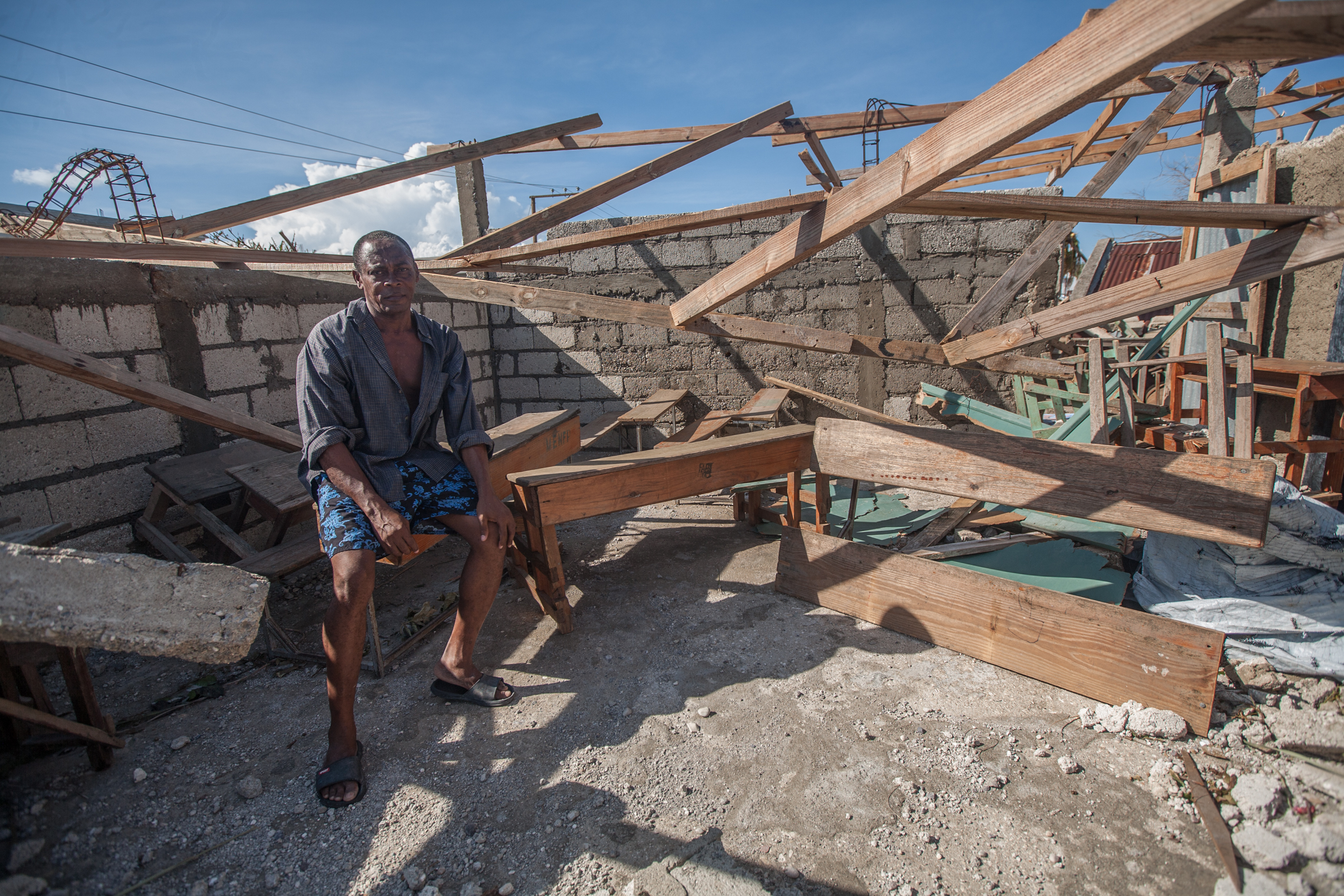Every week, IRIN's editors offer a selection of the most important and interesting resources that came on their radar. Here's this week's humanitarian reading list.
ICC – “a bunch of useless people”?
Burundi merely threatened, but South Africa has actually delivered the blow against the ICC. On Thursday it lodged an “instrument of withdrawal” at the UN, formally triggering a process that, one year from now, means it will no longer be a party to the Rome Statute.
The move is significant. Whereas few African states have seemed willing to back Burundi (the government’s self-interest was just far too evident), South Africa is different – it’s a big hitter in the African Union. There may be domestic politics behind South Africa’s decision, clothed in a mantle of higher purpose. And it comes at a time of improving relations between the court and African countries. But before we get ahead of ourselves in condemning of Pretoria, it’s worth re-reading Oumar Ba’s take on the politics of the ICC, and ponder once more how the court’s reputation can be rescued.
Is Australia torturing refugees?
If you need more evidence that Australia’s offshore refugee system is, um, problematic, read this new report from Amnesty International. The rights group says conditions in the Australian-run detention centre on the Pacific island nation of Nauru “fit the definition of torture under international law.” Amnesty accuses the government of holding more than 1,000 people “behind a fortress of secrecy” where they face a torrent of harassment and violence. Australia’s Immigration Department quickly released a response accusing Amnesty of using “unsubstantiated claims made by individuals or advocacy groups as fact in the absence of evidence.” However, Amnesty’s researcher is one of the few people that’s been able to visit Nauru to verify such claims. Nauru has refused to grant media visas to organizations willing to pay the exorbitant price of $8,000, which suits Australia just fine. If Australia really believes Amnesty is lying about conditions in Nauru, maybe it should arrange for some journalists to visit and see for themselves.
Reaching refugee survivors
Most Syrian refugees in Lebanon don’t live in camps, so reaching them can be tough. Even more so for Syrian women and girls in the somewhat isolated border community of Wadi Khaled, the focus of this study from the International Center for Research on Women. The research zooms in on an International Rescue Committee project that aimed to support survivors of gender-based violence, a problem surrounded by stigma. Staff provided psychosocial support and referrals, but they started slow with coffee, tea and conversation. The study examines what worked and what didn’t – it was a challenge to find spaces where women and girls felt safe and get local communities on board, and sometimes they ended up in tents. And there are limits to referrals for those who will have difficulty accessing them. But the participants interviewed overwhelmingly gave the experience a thumbs up, and there’s clearly something to be said for bringing help straight to those who need it in a sensitive, smart manner.
Migration managers
Migration is high on the agenda again as European leaders met in Brussels today and yesterday. Satisfied that a controversial agreement reached with Turkey and the border closures in the Balkans have brought boat crossings to Greece down to manageable levels, the EU has turned its attention to achieving similar results on the Central Mediterranean migration route. Agreements similar to the one with Turkey - using aid as leverage to secure countries’ compliance in controlling migration - are in the works with at least five major countries of origin and transit in Africa, including Ethiopia, Nigeria and Mali. But a recent analysis by strategic forecasting company, Stratfor, warns that such deals will only be effective if the North African countries have sufficient incentives and capacity to act. Egypt, for example, will need to curb corruption among its police who accept bribes from smugglers and Algeria will have to find alternatives for its nationals involved in lucrative smuggling operations. Libya represents the greatest challenge due to the lack of a fully functioning government for the EU to strike a deal with, or an environment that could be deemed “safe” for returns.
One (or two) from IRIN
The blame game on Haiti will swing into action soon. We asked Jonathan Katz, author of "The Big Truck That Went By: How the World Came to Save Haiti and Left Behind a Disaster”, how he viewed the preparedness for, and response to, Hurricane Matthew. He's blunt: "no number of emergency aid deliveries or one-off development projects are going to leave Haitians in a position to weather future disasters of any kind." We also looked at how the hurricane response mightrepeat or repair the dysfuncational patterns of foreign aid in Haiti.
Also from the Department of Blowing Our Own Trumpet: IRIN officially opened its office in Geneva. If you're in the neighbourhood, drop in.
(TOP PHOTO: A school principal sits among the wreckage of a classroom. His school in Port Salut used to have 253 students, but was completely destroyed by the hurricaneBahare Khodabande/IRIN)




